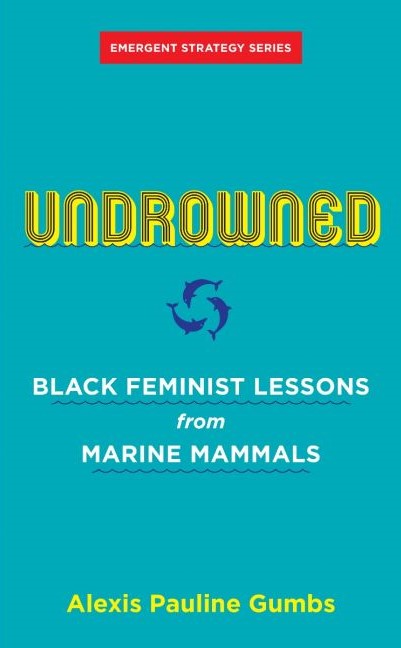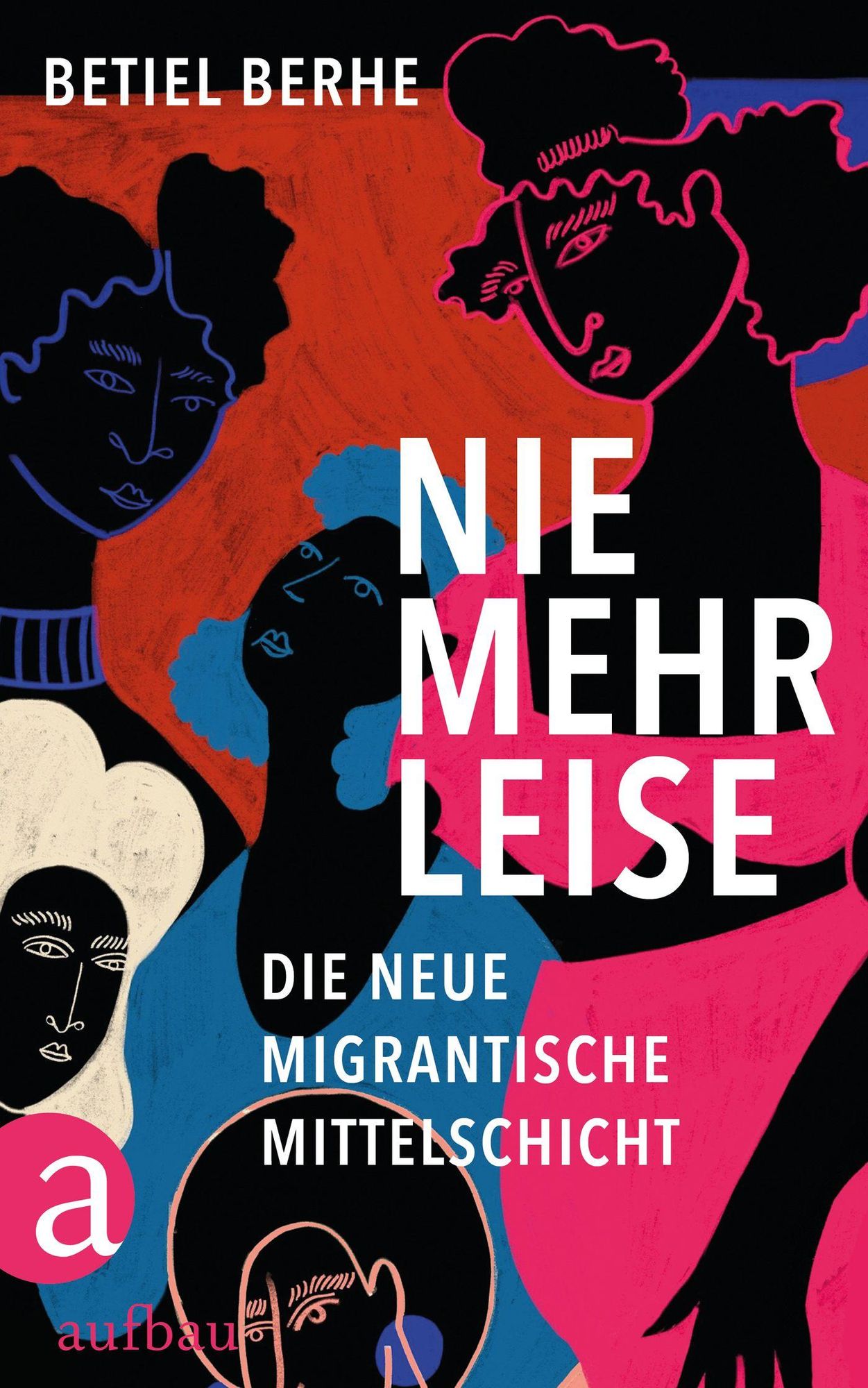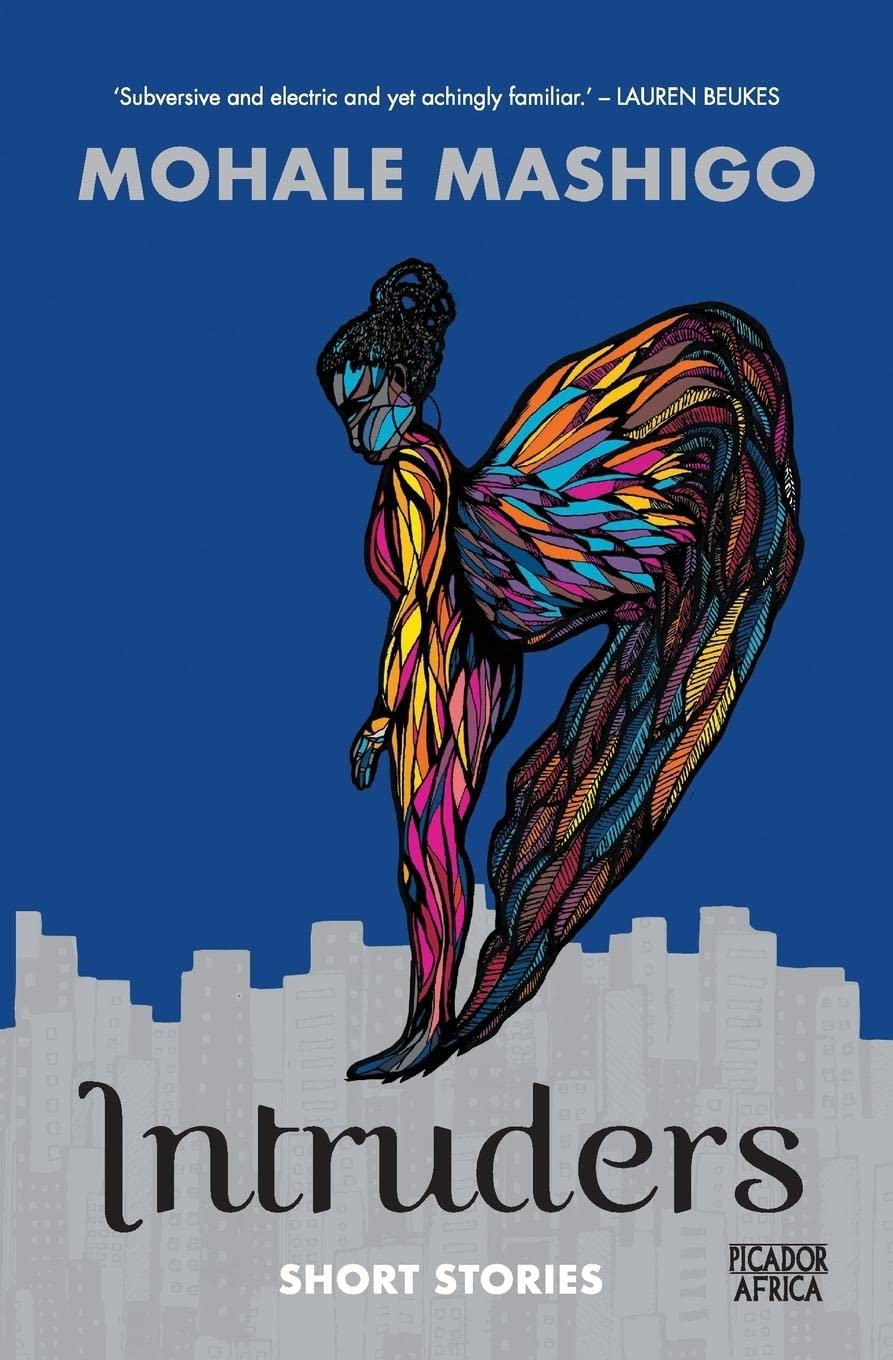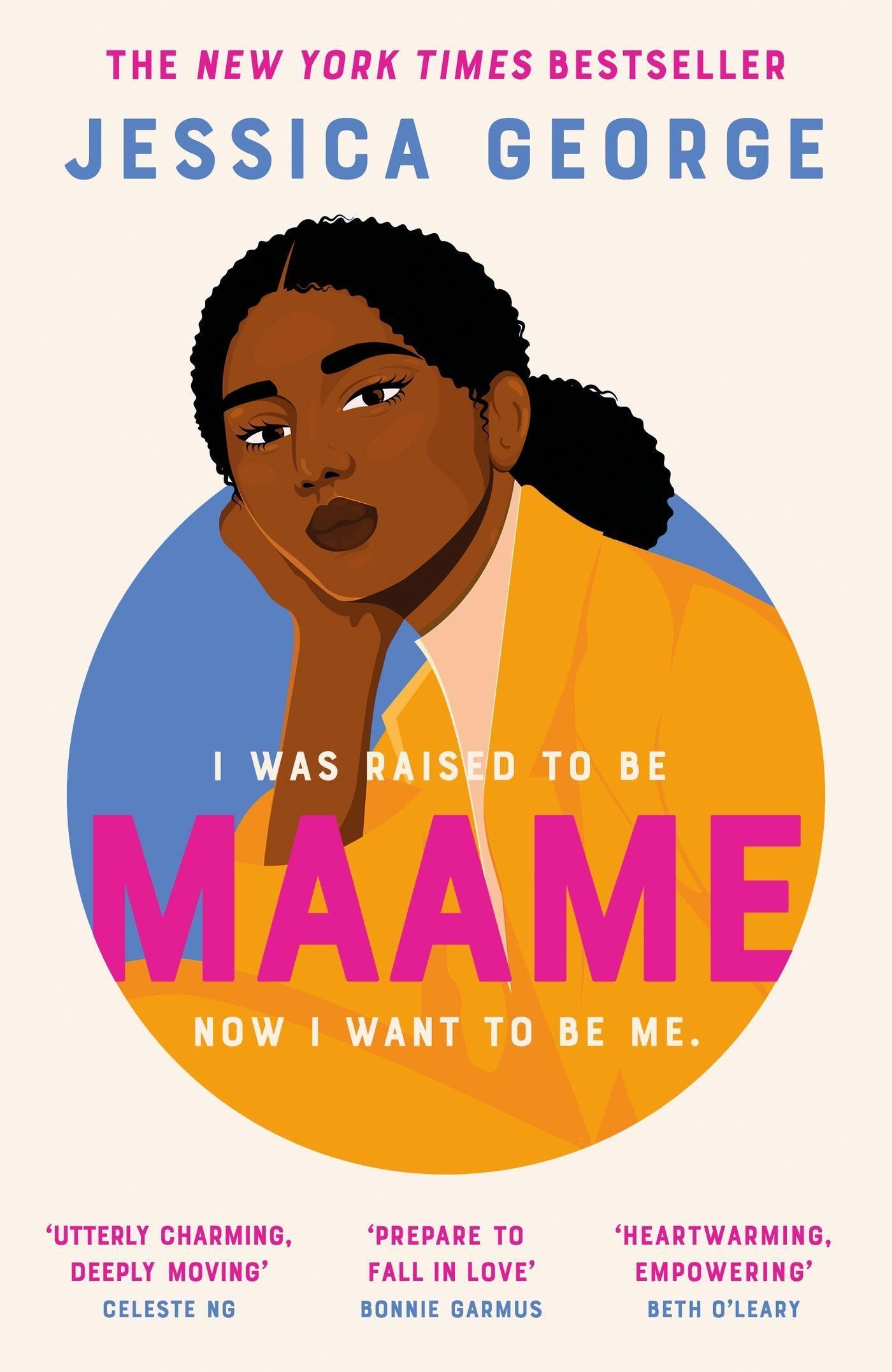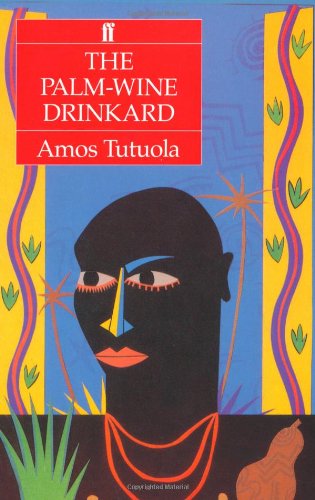Woman, Eating by Claire Kohda highlights just how monstrous the human world that the vampire inhabits can truly be. It’s also a food lover’s delight that gives us a peek into the complicated identities that can inhabit individual bodies and how time and history can affect them, but it’s not intimidating.
more...
Undrowned: Black Feminist Lessons from Marine Mammals by Alexis Pauline Gumbs is one of the strangest books I have read recently – and I mean that in an extremely positive way. I admit I had to get into it first, but then this unusual way of talking about dolphins, whales, seals and co. in connection with Black experiences won me over.
more...
Betiel Berhe explores and explains how closely related the dimensions of race and class are, by way of her own biography and various events of recent years.
more...
Intruders ranges from stories about familiar monsters – werewolves and ghosts, say – to imagining technologies of the not-too-distant future – eye implant computers, for example. Even when the imagined taps into a familiar trope or figure, like the mermaid, Mashigo gives it a twist…
more...
Bernardine Evaristo’s Mr. Loverman is the perfect book for fans of the series Grace and Frankie. It’s the story of an older gay couple in love, a rollercoaster ride of emotions between secrecy and coming out, lightened up by extremely funny characters.
more...
Jessica George’s debut novel Maame has the air of being the well-behaved little sister to Candice Carty-Williams Queenie. Like Queenie, Maddie, the protagonist, goes through crises and explores her sexuality, but she is – perhaps because of the Christian upbringing in her Ghanaian family home – far less reckless.
more...
“I was a palm-wine drinkard since I was a boy of ten years of age. I had no other work than to drink palm-wine in my life.” So begins Amos Tutuola’s famed The Palm-Wine Drinkard, which came out in 1952 and is widely feted as the first West African novel in English published internationally.
more...
During an online reading of this book, she was asked if her plea for radical tenderness also extended to Nazis. Kurt said no. It was questions like these, and the impulse to continue writing politically about feelings, that lead Kurt to think intensively about hate.
more...
In her moving memoir, Zauner recounts the death of her mother Chongmi and her subsequent grieving process, a time during which cooking brought her great comfort.
more...


